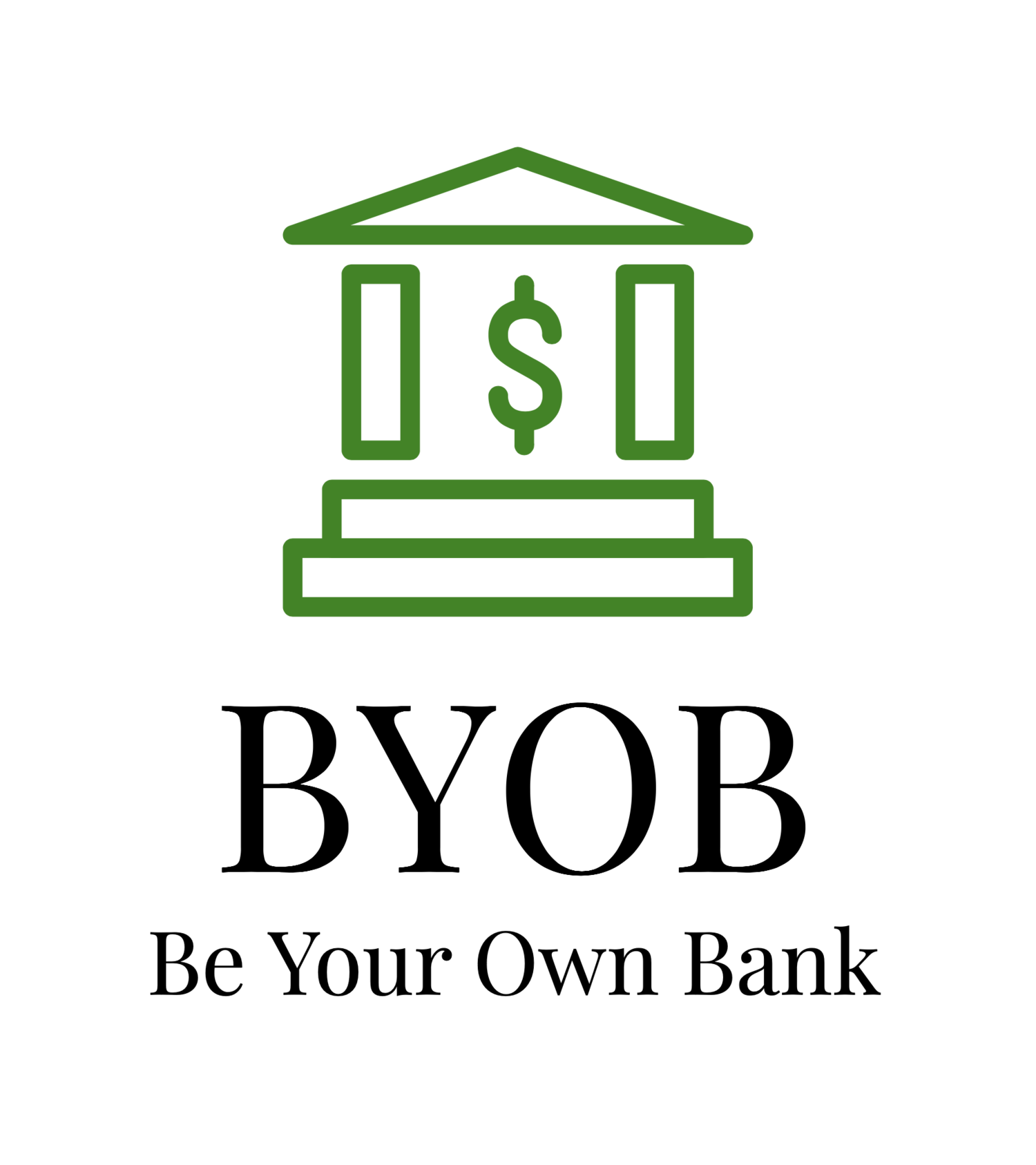Why Dividend Income Rules
It’s All About Taxes
Disclaimer - I am NOT a tax accountant, nor a tax attorney, not even a tax expert. I am just a guy who likes to earn passive income. Please do not take this as tax advice or recommendations. This is for informational purposes only.
There. Now that the disclaimer is out of the way, it’s time to get really excited about taxes.
HUH?
I know, you hate paying taxes. So does everyone. It sucks. However, using the tax laws to your advantage may be a way to make it suck just a little less.
Not all income is created equally
If you have read my books or taken one of my courses you are probably aware of the fact I teach a system whereby you will create passive income for yourself via dividend investing. I love this type of investing because it features all of the things I like most:
It’s easy
It takes very little effort
It gives me a periodic raise for no reason
It is taxed favourably
What’s this you say? I heard tax and favourable in the same sentence? Say wha’?
Yes, you heard me right. Dividend income is taxed at a lower rate than normal income and much lower than interest income.
Why?
Corporations pay out dividends to you monthly or quarterly out of their profits. Their after-tax profits. That means that they have already paid tax on that income. So when you, as a partial owner of the company via your shares, get your cut of the profits, corporate tax has already been paid. In order for the government not to double tax this income, they offer a tax credit to you , the owner of the company. Your income from the company that you partially own can only be taxed once. How nice of our government to be so fair.
Now, I live in Canada and the rules are slightly different here than in the USA, but the overall philosophy of our tax collection agencies is very similar.
USA
In the US, dividends are called “Qualified” or “Non-Qualified” which means that if the company that pays you dividends is considered “qualified” you are eligible for a discounted tax rate on that particular income. According to the IRS, a dividend is considered “qualified” if you “have held the stock for more than 60 days during the 121-day period that begins 60 days before the ex-dividend date.”
This is fancy-talk for if you appear to be a long-term investor and not a trader, you can reap the benefits of the tax incentive.
Because everyone has a different tax bracket depending on how much they earn, and being a single filer vs. A joint filer makes things complicated quickly. But to simplify, just assume that you will pay the capital gains rate instead of the earn income rate. Up to $78,750 can be earned absolutely tax-free if dividend income was your ONLY source of income for a couple who file jointly. After that you will pay around 15% tax on your dividend income until you earn over $488,850. If you are earning more than that, you might want to get a good accountant and listen to him instead of me.
Canada
In Canada they make it a bit more complicated. They take the amount of your dividend income and multiply it by 1.38. Then they charge you %15 income tax on that grossed up amount. It mathematically works out kind of the same as the US, but you need to think about it a little harder. I won’t get into the math, I just let my tax software do the work. (Although I actually found it quite fun to do my taxes with a pencil on the paper tax forms, just to see how it is done - nerd alert) So a couple in Canada can earn almost $100,000 in dividend income (If it is their ONLY source of income) without paying any tax. When I tell people that, they usually don’t believe me.
The key point here is “eligible” dividends (Canada) or “qualifying” dividend (USA). If your dividends are considered ineligible or non-qualified you will incur a higher tax rate - but still not as much as regular income or interest income. This can apply to non regular dividends, income trust distributions etc, but you should check out the rules in your own tax jurisdiction.
RRSP/401K
If you receive dividends within a registered retirement account, that income is not taxable until you withdraw it. You can earn as much dividend income as you like and the tax you pay will only depend on how much you withdrawal come retirement time. So you can take advantage of a lower tax bracket when you are retired as opposed to when you are in your prime working years.
Reality
As I am always preaching that you should have multiple streams of income and not rely on any one source for your cash flow, you will probably end up paying tax on your dividend income if you make money from other sources and the gross earned income is over the base personal amount in a year. As I mentioned before, tax software will do all of the calculations for you, and you don’t really need to worry about it, unless you are making a ton of income from dividends as well as other sources, and you neglect to put away a percentage for taxes, or make instalment payments to the tax people. You don’t want to assume your tax bill is going to be lower than you think because you have dividend income. Play it safe. Do your homework.
Choose Wisely
Either way, if you were to compare two investments side by side, you should consider the tax implications when calculating your actual return on investment. Earning 12% interest might seem great until you factor in how much you will have left after taxes vs. Earning 8% from dividends and paying a reduced tax rate.
Every investing opportunity is different and due-diligence is paramount to your success. Be aware of the possible “gotchas” when putting your hard-earned money to work. Remember to factor in taxes as a necessary part of the equation. It is in your best interest to legally make the tax laws work for you.
Happy investing!








